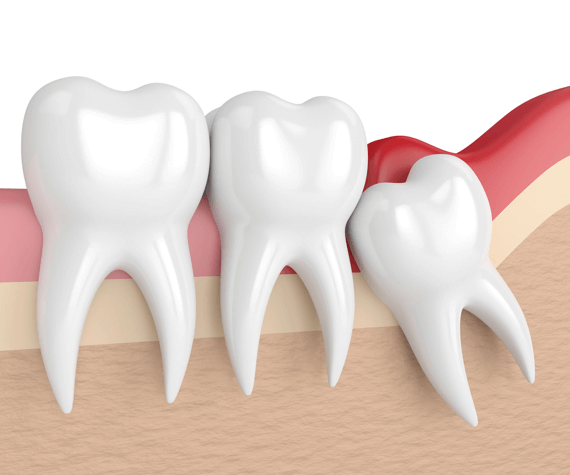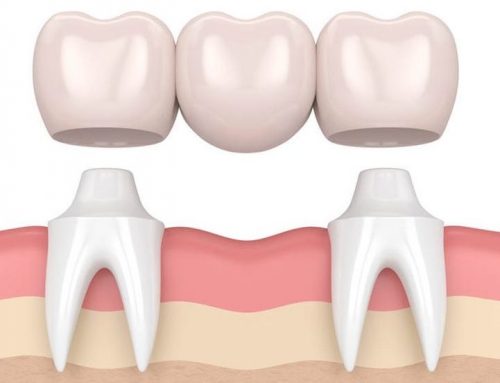 There are a lot of stories around about wisdom teeth and naturally not everything you hear is correct! So let’s try to set the record straight: here are our wisdom teeth FAQs.
There are a lot of stories around about wisdom teeth and naturally not everything you hear is correct! So let’s try to set the record straight: here are our wisdom teeth FAQs.
Q. Why are they called wisdom teeth?
A. Wisdom teeth are the third and last molars on each side of both jaws and they are the last permanent teeth to come in. Their name is from the fact that they usually come through when you are older – and supposedly ‘wiser’!
Q. What age do you get wisdom teeth?
A. Although everyone is different, most people have their wisdom teeth come through between the ages of 17 to 25 years. But it really does vary – for example we treat patients in their 40s whose wisdom teeth have just decided to emerge. And not everyone has four wisdom teeth either, as some people have less, none or occasionally even more.
Q. Why do wisdom teeth need to be removed?
A. Actually they don’t necessarily have to be removed. They are the teeth most likely to become stuck, or impacted, due to a lack of space in your jaw. If this happens they can cause problems like overcrowding, damage to the molar next to them, or creating pockets for bacteria if they do not come fully through the gum (known as partial eruption). Any of these scenarios is a good reason to have them removed to protect and preserve the health of the rest of your teeth. But some people are lucky to have enough space for their wisdom teeth to come through without causing any problems, in which case there is no reason to remove them.
Q. How painful is wisdom teeth removal?
A. The process of removing a wisdom tooth depends on your circumstances. In some cases a fully or partially erupted tooth can be removed via a simple extraction which is quicker, easier and less invasive. But in other cases oral surgery may be necessary. In all cases a local anaesthetic is applied to fully numb the gum and surrounding area to keep you totally pain-free. Dental sedation may also be an option to keep you calm and comfortable, especially if you suffer from dental anxiety. Post-removal care is likely to involve over-the-counter painkillers, warm salt water rinses, cold packs to reduce any swelling, a careful diet avoiding hot foods and drinks, and a day or two of rest. We provide you with a comprehensive post-care plan so you know exactly what to expect. In most cases our patients report that they have mild pain and discomfort for 2-3 days which is easily managed with painkillers. For many who have put up with a troublesome wisdom tooth for some time, removal is a big relief.
Q. What happens if you don’t remove your wisdom teeth?
A. Unfortunately, people who have wisdom teeth emerging and aligning without any problems are the minority. In the majority of cases these molars come in crooked and/or don’t break through the gum. One common problem this leads to is overcrowding and misalignment – not only affecting the aesthetics of your smile but leaving you vulnerable to tooth decay because misaligned teeth are harder to keep clean (think food traps and hard-to-reach bacteria pockets). Partially erupted teeth can lead to bacterial infections or even cysts which can damage bone and gum tissue. There is also likely to be pain or tenderness, swelling and an unpleasant taste in your mouth.
If you have any questions or concerns about your wisdom teeth please contact us. We can assess where your wisdom teeth are at and monitor their growth and emergence before any troublesome symptoms develop.

